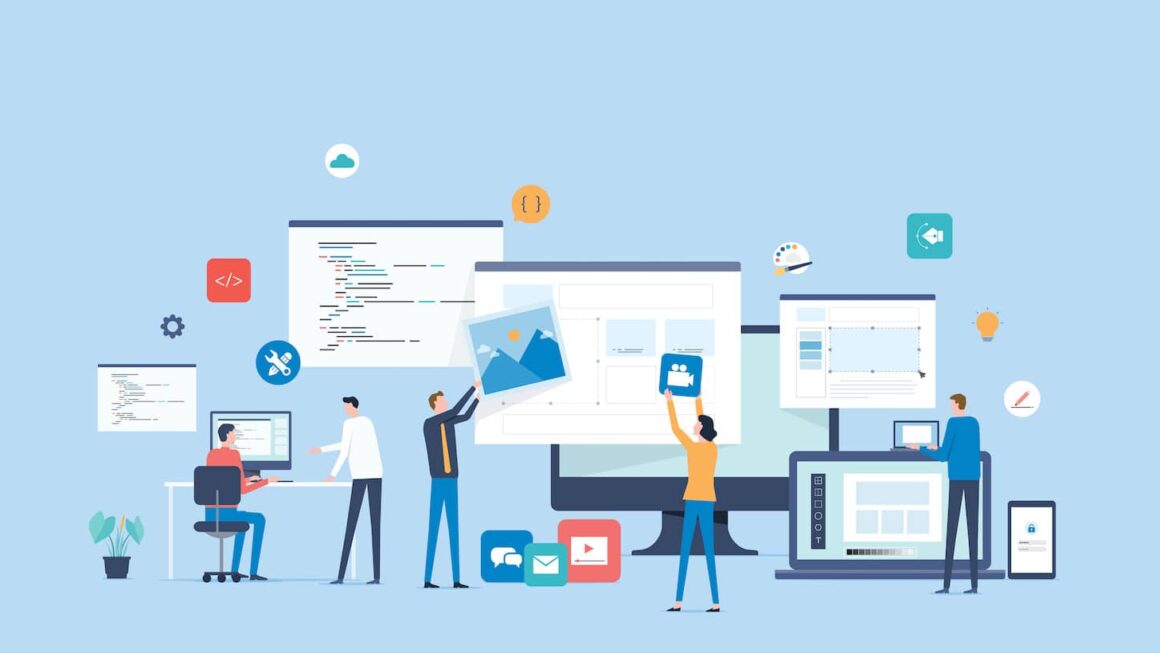Are you looking to make a career change into data science? Well, now is the best time because 47% (source- Mckinsey) of the companies provide advantageous opportunities to data science professionals. With the growing demand for data-driven decision-making across industries, data science is a field with immense growth potential and exciting opportunities. However, converting into a new career can be daunting, especially if you are unfamiliar with the technical skills required for data science. Let’s see how to get started.
Top 6 Prerequisites for Data Science
Understand the Basics of Data Science
Before you begin your journey to become a data science professional, it is essential to understand the basics of the field. Data science is an interdisciplinary field that uses a combination of statistical, computational, and domain-specific knowledge to extract insights and knowledge from data. The primary goal of data science is to provide actionable insights that can inform business decisions and drive growth.
Assess Your Skills
Once you have a basic understanding of data science, the next step is to assess your current skills and identify any gaps in your knowledge. There are various online assessments and tests available that can help you determine your level of proficiency in programming languages like Python and R, statistical methods, and other relevant technologies and thus, help you build data science skills.
Build Your Technical Skills
Data science requires a range of technical skills, including programming languages, databases, and data visualization tools. Some of the essential technical skills you need to learn to become a data scientist include:
Programming languages
Python and R are two of the most widely used programming languages in data science. You need to learn the basics of programming, data structures, and algorithms, and how to use Python and R for data analysis and machine learning.
Databases
SQL is the most widely used database language in data science. You need to learn how to use SQL to extract, manipulate, and analyze data from relational databases.
Data visualization tools
Tableau and Power BI are two of the most popular data visualization tools. You need to learn how to use these tools to create interactive and insightful visualizations that can help you communicate your findings effectively.
To build your technical skills, you can enroll in online courses or join boot camps that teach data science skills. There are many free and paid data science courses available online that can help you learn these skills, depending on your budget and learning style.
How to Get a Job in Data Science?
Becoming a data science professional can be tricky. But, don’t worry, we are here to help. Let us explore your pathway to getting a headstart in this field.
Gain Practical Experience
While learning technical skills is essential, gaining practical experience is equally important. One of the best ways to gain practical experience is by working on real-world data science problems. You can look for internships or part-time projects where you can work on data science projects in a professional setting. You can also participate in online data science competitions, such as Kaggle, that provide an opportunity to work on real-world data science problems and compete with other data scientists.
By gaining practical experience, you can apply your theoretical knowledge to real-world scenarios and learn how to solve complex data science problems.
Develop a Portfolio
A portfolio is a collection of your work that showcases your data science skills and expertise. A portfolio is essential for data scientists because it provides potential employers with a glimpse of your work and skills. Your portfolio should include your work from internships, boot camps, and personal projects. Make sure to highlight the impact of your work and the insights
Networking and Building a Professional Profile
Building a strong professional network and online presence is crucial for transitioning into a new career. Attend data science conferences, workshops, and meetups to meet other professionals in the field and learn about the latest trends and technologies. Connect with other data scientists on LinkedIn and Twitter and participate in online discussions.
It is also important to build a strong online presence by creating a personal website or blog. Share your work, thoughts, and insights on data science-related topics to demonstrate your expertise and knowledge.
Apply for Data Science Jobs
Once you have gained practical experience and built a strong professional network and online presence, it’s time to start applying for data science jobs. Look for job openings that match your skills and experience and tailor your resume and cover letter to the job description.
During the interview process, be prepared to answer technical questions and demonstrate your problem-solving skills. It’s also important to showcase your communication skills and ability to work in a team.
Continuously Learn and Improve
Data science is a constantly evolving field, and it’s essential to continuously learn and improve your skills. Stay up to date with the latest trends and technologies by attending conferences and workshops and participating in online discussions. Keep building your portfolio and working on personal projects to stay engaged and motivated.
Conclusion
Transitioning into data science requires dedication, hard work, and a willingness to learn and good data science courses. By following the steps outlined in this guide, you can build your technical skills, gain practical experience, build a strong professional network, and apply for data science jobs. Remember to continuously learn and improve your skills to stay competitive in the ever-evolving field of data science. Looking to transition into data science? Explore this guide to learn data science skills right from Data Visualization to Analytics and get to know how to network with industry professionals.
Data science is a dynamic and rapidly growing field that offers excellent career prospects, high earning potential, and opportunities for growth and advancement. Pursuing a career in data science requires a unique combination of skills, including programming, statistics, machine learning, domain-specific knowledge, communication skills, and critical thinking. If you enjoy problem-solving and are interested in using data to make a difference in the world, data science may be the right career path for you.












